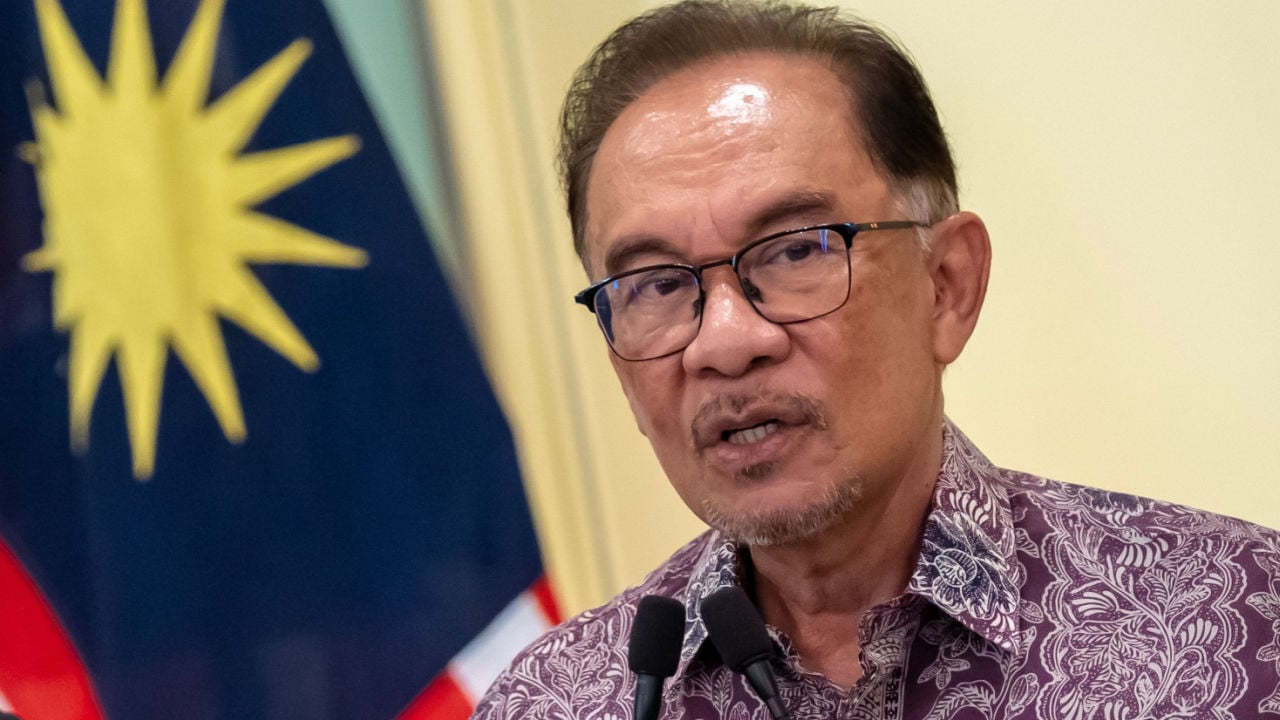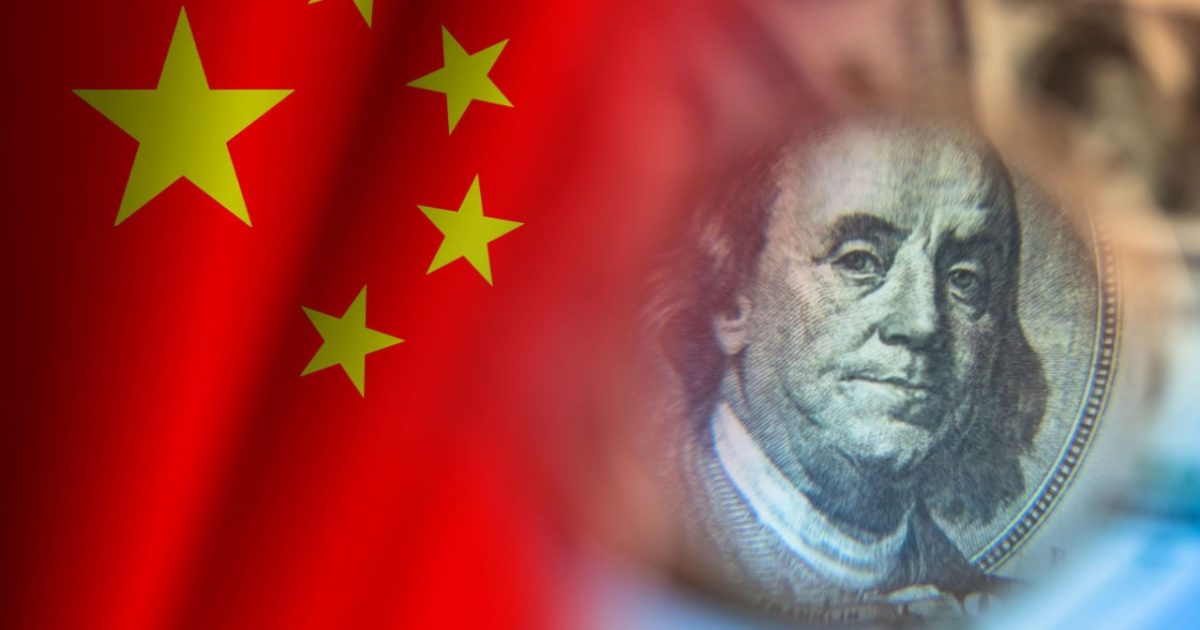An idea to establish an Asian Monetary Fund has caught the attention of the Chinese leadership, the head of the Malaysian government revealed. The prime minister believes there is no reason for his country, which is hurting from a strong U.S. dollar, to remain dependent on the greenback.
Malaysia Prepares to Trade With China in National Currencies, Limit Reliance on Dollar
China is open to talks with Malaysia on a decades old proposal to set up an Asian Monetary Fund that can reduce reliance on the U.S. currency, Malaysian Prime Minister Anwar Ibrahim announced, quoted by Bloomberg.
Anwar, who also serves as Malaysia’s minister of finance, pitched the idea at the Boao Forum last week when he emphasized on the need to cut dependence on the International Monetary Fund (IMF) as well. On Tuesday, he told Malaysian lawmakers:
When I had a meeting with President Xi Jinping, he immediately said, ‘I refer to Anwar’s proposal on the Asian Monetary Fund,’ and he welcomed discussions.
The head of the Malaysian government was reporting on the results of his recent state visit to the People’s Republic. He also said that Malaysia’s central bank is already working on enabling the two nations to start trading in their respective national fiats, ringgit and renminbi.

An expensive U.S. dollar has been weakening currencies in the region and creating headaches for nations like Malaysia, which is a net importer of food items, the report remarks. Last fall, the ringgit, among other currencies, saw multi-decade lows against the greenback.
Anwar Ibrahim reminded that he initially circulated the proposal for an Asian Monetary Fund when he first took the job of finance minister in the 1990s. At the time, the idea did not gain sufficient traction as the U.S. dollar was seen as strong, he admitted, while pointing out:
But now with the strength of the economies in China, Japan and others, I think we should discuss this — at least consider an Asian Monetary Fund, and, secondly, the use of our respective currencies.
Anwar’s statements come after the finance ministers and central bank governors of the Association of Southeast Asian Nations (ASEAN), of which Malaysia is a member, discussed decreasing their countries’ dependence on western currencies like the dollar. During a meeting in Indonesia at the end of March, they also explored ways to promote the use of local currencies in trade settlements.
Do you think an Asian Monetary Fund will be formed in the near future? Share your expectations on the matter in the comments section below.
Image Credits: Shutterstock, Pixabay, Wiki Commons, Abdul Razak Latif / Shutterstock.com
Disclaimer: This article is for informational purposes only. It is not a direct offer or solicitation of an offer to buy or sell, or a recommendation or endorsement of any products, services, or companies. Cryptox.trade does not provide investment, tax, legal, or accounting advice. Neither the company nor the author is responsible, directly or indirectly, for any damage or loss caused or alleged to be caused by or in connection with the use of or reliance on any content, goods or services mentioned in this article.




